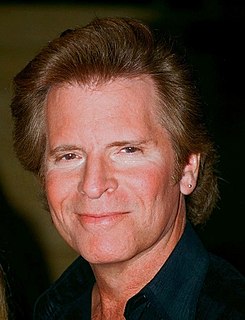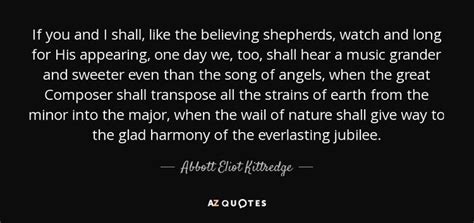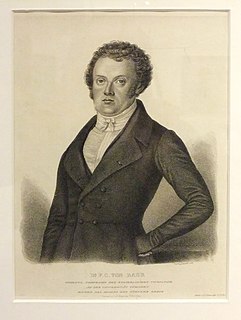A Quote by N. T. Wright
Paul believed, in fact, that Jesus had gone through death and out the other side. Jesus had gone into a new mode of physicality, for which there was no precedent and of which there was, as yet, no other example.
Related Quotes
Where possible Paul avoids quoting the teaching of Jesus, in fact even mentioning it. If we had to rely on Paul, we should not know that Jesus taught in parables, had delivered the sermon on the mount, and had taught His disciples the 'Our Father.' Even where they are specially relevant, Paul passes over the words of the Lord.
She [the Virgin Mary] was normal. She had already had other children. The Bible tells us that Jesus had two brothers. Virginity, as it relates to Jesus, is based on a different thing: Mary initiated a new generation of grace. A new era began. She is the cosmic bride, Earth, which opens to the heavens and allows itself to be fertilized.
It was as if the demise of the owner had lent the flat a physical void it hadn't had before. At the same time he had the feeling that he wasn't alone. Harry believed in the existence of the soul. Not that he was particularly religious as such, but it was one thing which always struck him when he saw a dead body: the body was bereft of something...the creature had gone, the light had gone,there was not the illusory afterglow that long-since burned-out stars have. The body was missing its soul and it was the absence of the soul that made Harry believe.
The foundation of our belief is a basis of fact - the fact of the birth, ministry, miracles, death, resurrection by the Evangelists as having actually occurred, within their own personal knowledge it was therefore impossible that they could have persisted in affirming the truths they have narrated, had not Jesus actually rose from the dead, and had they not known this fact as certainly as they knew any other fact.
What kind of authority can there be for an 'Apostle' who, unlike the other Apostles, had never been prepared for the Apostolic office in Jesus' own school but had only later dared to claim the Apostolic office on the basis of his own authority? The only question comes to be how the apostle Paul appears in his Epistles to be so indifferent to the historical facts of the life of Jesus....He bears himself but little like a disciple who has received the doctrines and the principles which he preaches from the Master whose name he bears.
It's amazing, the tremendous capacity of that marvelous final great Heavenly City that Jesus has gone to prepare and is now all prepared for us and on its way here, just ready for its new tenants which Jesus is going to raise from both the dead and the living in the Rapture at His Second Coming and take us all away to be there with Him!
The paintings that laughed at him merrily from the walls were like nothing he had ever seen or dreamed of. Gone were the flat, thin surfaces. Gone was the sentimental sobriety. Gone was the brown gravy in which Europe had been bathing its pictures for centuries. Here were pictures riotously mad with the sun. With light and air and throbbing vivacity. Paintings of ballet girls backstage, done in primitive reds, greens, and blues thrown next to each other irreverantly. He looked at the signature. Degas.
The early Christians' opponents all accepted that Jesus existed, taught, had disciples, worked miracles, and was put to death on a Roman cross. As in our day, debate and disagreement centred largely not on the story but on the significance of Jesus. Today nearly all historians, whether Christians or not, accept that Jesus existed and that the gospels contain plenty of valuable evidence which has to be weighed and assessed critically.





































